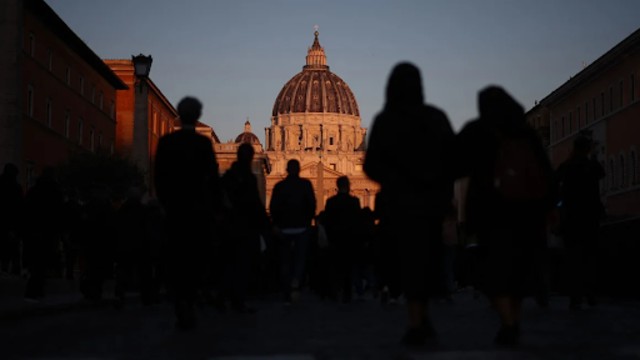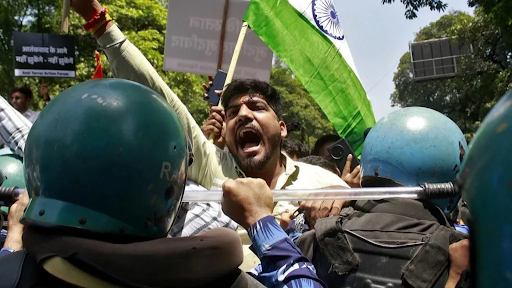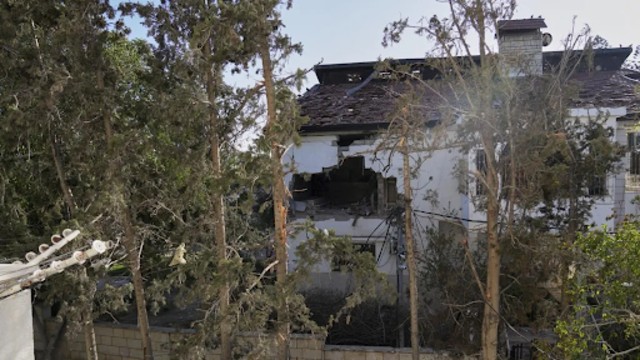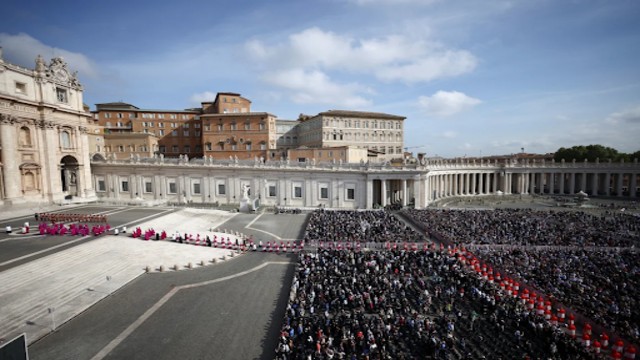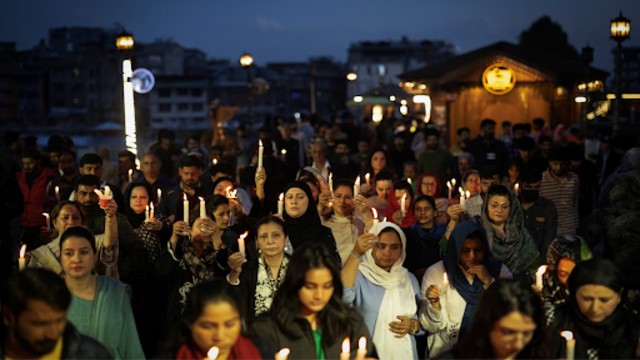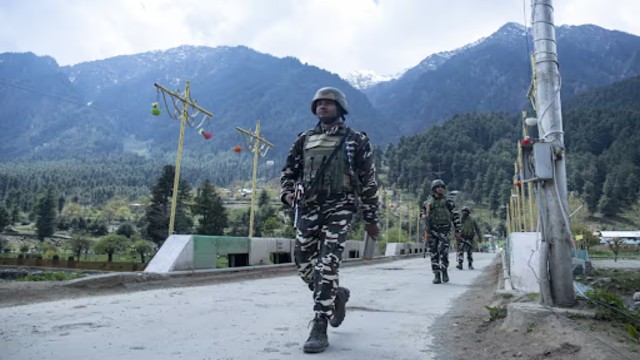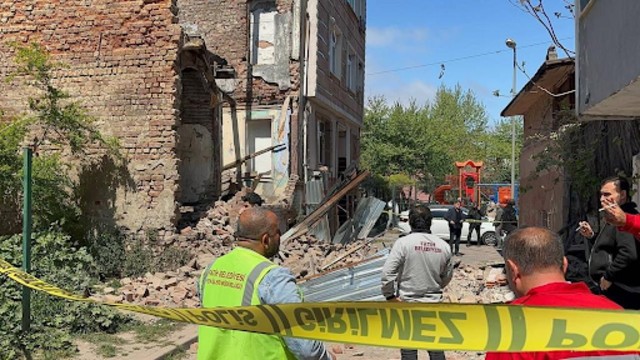
The Israeli military announced on Tuesday that it is deploying additional troops to southern Israel. REUTERS
The ceasefire between Israel and Hamas, in place since January 19, is at serious risk of breaking down. Despite ongoing diplomatic efforts, tensions continue to rise, putting the agreement in jeopardy.
According to a senior Egyptian official, both Egypt and Qatar are working hard to keep the ceasefire intact. In an effort to ease tensions, a top-level Hamas delegation has arrived in Cairo for talks. A Hamas official confirmed their "full commitment" to the deal, emphasizing that they are working to resolve the crisis.
However, Israeli Prime Minister Benjamin Netanyahu has issued a stern warning. He stated that if Hamas does not return Israeli hostages by Saturday noon, the ceasefire will be over, and military operations will resume.
Unclear Demands on Hostages
Netanyahu's ultimatum has raised questions about whether he is demanding the release of all 76 hostages still in Gaza or just a smaller group. His statement follows U.S. President Donald Trump's recommendation to demand the return of all captives.
On Monday, Hamas accused Israel of violating the ceasefire, particularly regarding humanitarian aid, and threatened to delay hostage releases. Meanwhile, Trump has proposed a controversial plan to take control of Gaza, which has added more uncertainty to the situation.
The White House reiterated this plan on Wednesday, even as Jordan's King Abdullah II rejected it in a meeting with Trump. The U.S. president believes relocating Palestinians to other areas would be a better solution, but Jordan insists that Palestinians must remain in their homeland.
Mixed Messages from Israeli Officials
After a lengthy Israeli security cabinet meeting on Tuesday, conflicting reports emerged about Israel’s next steps. Initially, Israeli media suggested Netanyahu was referring to the release of three hostages, but later reports indicated that he expected nine captives to be freed as part of the six-week agreement.
Several Israeli ministers have taken a hardline stance. Miri Regev, a close ally of Netanyahu, echoed Trump’s demand, saying all hostages must be released by Saturday. Meanwhile, far-right Finance Minister Bezalel Smotrich threatened that if Hamas did not comply, Israel would cut off all aid and launch heavy military strikes.
Smotrich even suggested that Gaza should be fully occupied and its population displaced. His remarks have alarmed Israeli security officials, who fear that the collapse of the ceasefire could endanger the hostages' lives.
Uncertainty Over Aid and Future Talks
The ceasefire has so far allowed 16 Israeli hostages and five Thai workers to be released in exchange for hundreds of Palestinian prisoners. It has also brought temporary calm, enabling displaced Palestinians to return to their homes and humanitarian aid to enter Gaza.
However, Hamas claims that Israel has not fulfilled its promises, particularly in allowing shelter materials into the region. Many returning families are struggling to survive in winter conditions without proper housing.
Despite these challenges, Egypt and Qatar continue to urge all sides to stick to the ceasefire. They warn that if the agreement collapses, it could lead to another wave of violence with serious regional consequences.
With the first phase of the ceasefire deal set to end in March, further negotiations remain uncertain. The coming days will be crucial in determining whether peace efforts can be salvaged or if conflict will resume.


